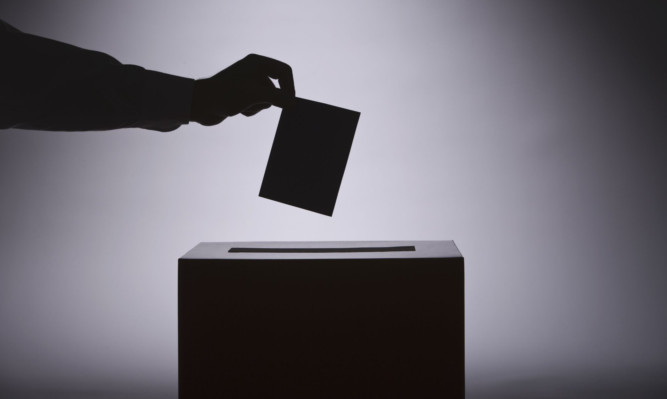
“This defeat hurts.”
How am I feeling about the independence referendum? Pretty raw.
I once suggested the losing side would cope with defeat because Scots have had plenty of practice thanks to our lacklustre national footie team and all those UK election results where we voted Labour but the rest voted Tory.
In truth though, it’s not easy to cope. This defeat hurts.
I suppose on the positive side, losing lets Yes supporters know how No voters would have felt if things had been otherwise.
But evidently, Scots as a nation are not as brave as I had hoped, not as able to withstand a two week torrent of scare stories about banks, jobs, investment and banks and not as ready to recognise that the same uncertainties apply to the United Kingdom as well in spades.
All of that may sound like sour grapes maybe it is.
But with 45% of Scots so dissatisfied with Britain they had cheerfully strapped on the parachutes and waved goodbye, a few things are obvious.
First, if UK politicians don’t modernise and democratise the way Britain is governed fast, Scots will be back here again.
Personally speaking, I don’t think the Three Tenors pledge from Messrs Clegg, Miliband and Cameron is worth the paper it’s (not) actually written on.
Their hearts aren’t in it, their parties don’t support it, English voters won’t wear or finance it and the UK will soon be engulfed in a Westminster election campaign which always takes precedence over everything else.
True Alex Salmond has said there won’t be a “neverendum” an endless retake on last week’s vote. But actually, that isn’t his shout. It’s up to the Scottish people.
And if folk feel betrayed or funding to Scotland gets cut dramatically, the people may find a way to force the issue again.
Secondly, poorer Scots in the big cities tended to vote Yes while better-off professionals in the leafy suburbs tended to vote No. That raises big questions for the Labour Party.
The natural supporters of the People’s Party evidently doubt that an Ed Miliband victory in 2015 will improve the quality of their lives.
That’s serious and opens up space for new players and even new political parties in Scotland for the Westminster and Holyrood elections.
It also raises big questions for democracy. The record-breaking turnout was a magnificent achievement.
It proved that when total decision-making power is in the hands of the people, they rise to the challenge and engage with politics like never before.
Tens of thousands of marginalised Scots registered to vote for the first time this summer but they may now wonder if it was really worth it.
Likewise the tens of thousands of activists who poured their hopes, cash and creative energy into the Yes campaign to create a better, fairer society artists, musicians, young folk, designers, film-makers, mums, small business owners and ordinary Joes.
Their energy is precious. It’s the lifeblood of a nation. Motivation will be hard to rediscover after such disappointment.
But the purposeful, connected, hopeful and energetic Scotland that existed for these last, few flickering weeks is a place we must reinvent.
After all, powers already exist at Holyrood to tackle land reform, redistribute power from Holyrood to communities and start the childcare revolution that will transform Scotland.
Now the referendum is over, there’s no need for opposition politicians to invent differences with the SNP over these key issues. Holyrood must acquire more political will even if full political power remains at Westminster.
On that, at least, Yes and No voters can stand united.

Enjoy the convenience of having The Sunday Post delivered as a digital ePaper straight to your smartphone, tablet or computer.
Subscribe for only £5.49 a month and enjoy all the benefits of the printed paper as a digital replica.
Subscribe